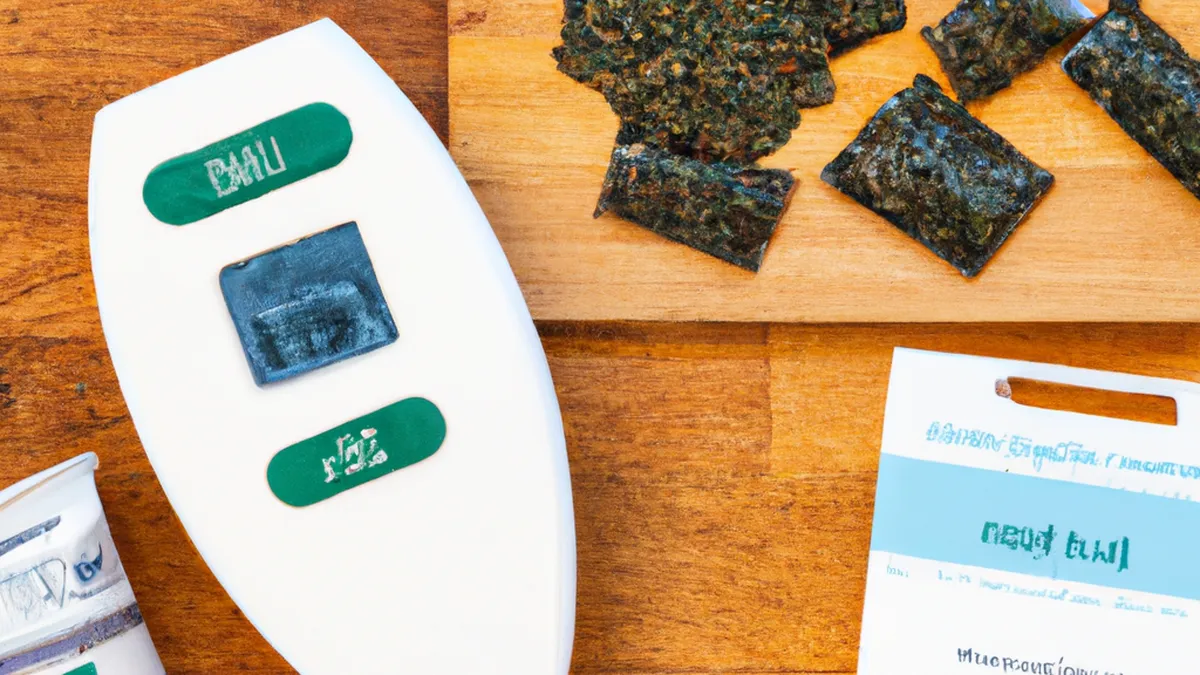Timing Your Meals for Peak Performance
Meal Timing Strategies for Endurance Training
As an Amazon Associate I earn from qualifying purchases.
Gear tip: consider protein powder, shaker bottle and electrolyte mix to support this workout.
Endurance training requires a comprehensive approach to nutrition. Meal timing significantly impacts performance and recovery. This blog explores effective meal timing strategies for endurance athletes.
Understanding Meal Timing
Meal timing schedules your meals and snacks around training sessions. Proper timing enhances nutrient utilization and ensures adequate fuel for workouts. It also aids in efficient recovery.
Pre-Training Meals
Your pre-training meal lays the foundation for your workout. Eat a balanced meal three to four hours before training. Include carbohydrates for energy, protein for muscle repair, and healthy fats for sustained energy.
A meal of brown rice, grilled chicken, and steamed vegetables provides essential nutrients. If short on time, opt for a light snack 30 to 60 minutes before training. Good options include a banana with peanut butter or a small yogurt with granola. These snacks deliver quick energy without the heaviness of larger meals.
During Training Nutrition
Long endurance sessions can deplete energy reserves. If your workout lasts over an hour, mid-training nutrition becomes essential. Your body relies on glycogen stores for energy during extended exercise.
Consume carbohydrates during training to maintain optimal performance. Energy gels, chews, or sports drinks work well. Aim for 30 to 60 grams of carbohydrates per hour. Hydration is also crucial. Drink fluids regularly to prevent dehydration and fatigue. A good rule is to consume 500-700 ml of fluids per hour, adjusting for weather and sweat rates.
Post-Training Recovery
The post-training period is vital for recovery. Your body needs nutrients to repair and rebuild muscles. Consume a meal or snack within 30 to 60 minutes after training to maximize recovery.
Focus on replenishing glycogen stores and providing protein. Aim for a 3:1 ratio of carbohydrates to protein. A smoothie made with a banana, protein powder, and spinach can be an excellent choice.
Conclusion
Effective meal timing strategies enhance endurance training performance and recovery. Prioritize nutrition around your workouts for optimal results.
Below are related products based on this post:
FAQ
What should I eat before my endurance training sessions?
Eat a balanced meal three to four hours before training, including carbohydrates for energy, protein for muscle repair, and healthy fats for sustained energy. If you’re short on time, opt for a light snack 30 to 60 minutes before training, such as a banana with peanut butter or yogurt with granola.
How can I maintain energy during long training sessions?
During endurance workouts lasting over an hour, consume carbohydrates to maintain optimal performance. Options like energy gels, chews, or sports drinks are effective. Aim for 30 to 60 grams of carbohydrates per hour, and ensure you stay hydrated by drinking 500-700 ml of fluids per hour.
What should I focus on for post-training recovery?
After training, aim to consume a meal or snack within 30 to 60 minutes to aid recovery. Focus on replenishing glycogen stores and providing protein, aiming for a 3:1 ratio of carbohydrates to protein. A smoothie made with a banana, protein powder, and spinach is a great option.















Post Comment